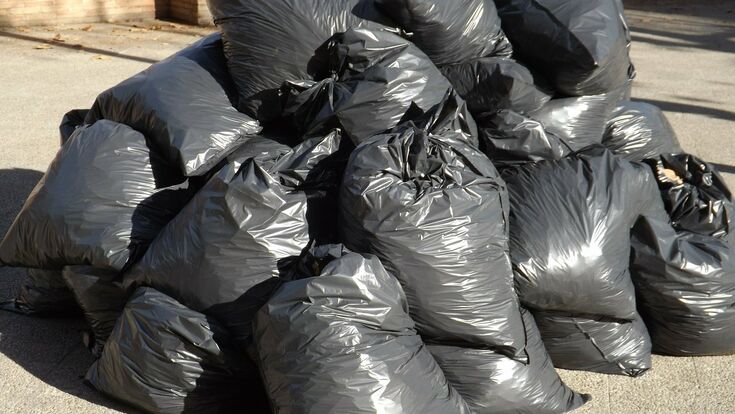Waste Crime : UK: Lack of regulatory oversight leads to spike in waste crime

Illegal waste activity is on the rise in the UK. Reports issued by the Environmental Services Association (ESA) and Material Focus revealed that two-thirds of businesses responsible for waste handling are unregistered. The research included a cross-check of 4,700 officially registered business names against online advertisements of UK waste services situated in 10 UK areas.
Following Department of Environment, Food and Rural Affairs regulations, waste brokers, carriers and dealers are legally required to register themselves online in order to be able to legally transport, handle, recover or dispose waste. Enrolment in the official carrier, broker and dealer (CBD) registration scheme costs £154 for three years, said system also determining which parties are allowed to handle waste.
‘An Independent Study into Fly-tipping and Unregistered Waste Carriers in England’ makes gaps in said system responsible for a financial loss to the UK economy running up to £1 billion per year. According to ESA data, this constitutes a 53% spike in the last three years, with costs rising from £604 million in 2015 to more than £924 million in 2018/19.
The research suggests that 63% of waste operators handle their business illegally, their being evidence for connected, organised networks potentially generating an annual profit from landfill tax evasion ranging from £5.4 million to £13.2 million.
Scott Butler, executive director of Material Focus, blames insufficient registration for the rise in fly-tipping and illegal waste dumping in the country.
He said: “The fact that there are high numbers of unregistered carriers is clearly a significant issue which means that waste electricals and other forms of waste aren’t being properly recycled.
In 2019/20, there were more than one million instances of recorder fly-tipping on public land in England. Within said instances, there were 58,000 cases of illegally disposed waste electrical and electronic equipment (WEEE).
Another study conducted by the ESA (‘Counting the cost of waste crime’) revealed that the cost of fly-tipping now exceeds £392 million, with the operation of illegal waste sites accounting for an estimated £236 million.
Yet waste criminals stand to get away with their crimes as householders and businesses remain unaware of whether or not their waste carriers are legally licensed. A YouGov poll conducted by the ESA found that 65% of the previously mentioned parties do not know how to check for legal authorization and that 70% are unaware of the fact that they are legally responsible to authenticate their waste carrier’s as well as monitor their activities to make sure they do not illegally dump waste.
Gavin Graveson, Chair of the ESA, said: “Waste criminals are exploiting a lack of public awareness and lack of regulatory oversight in this area, which has led to an increase in fly-tipping and illegal waste sites that contribute significantly to the overall £924 million cost of waste crime in England identified in our report today.
“Successive ESA reports over the past eight years have highlighted the shocking extent of waste crime in the UK and its cost to both the environment and economy.
“This latest report exposes the unfortunate truth that, despite additional regulatory focus in recent years, the scale of waste crime has significantly worsened.
“Although understandably delayed by the pandemic, it is now vital that the Government proceeds at pace with long promised reforms of the regulatory regime and we must make it much harder for criminals to operate in the recycling and waste sector.”
